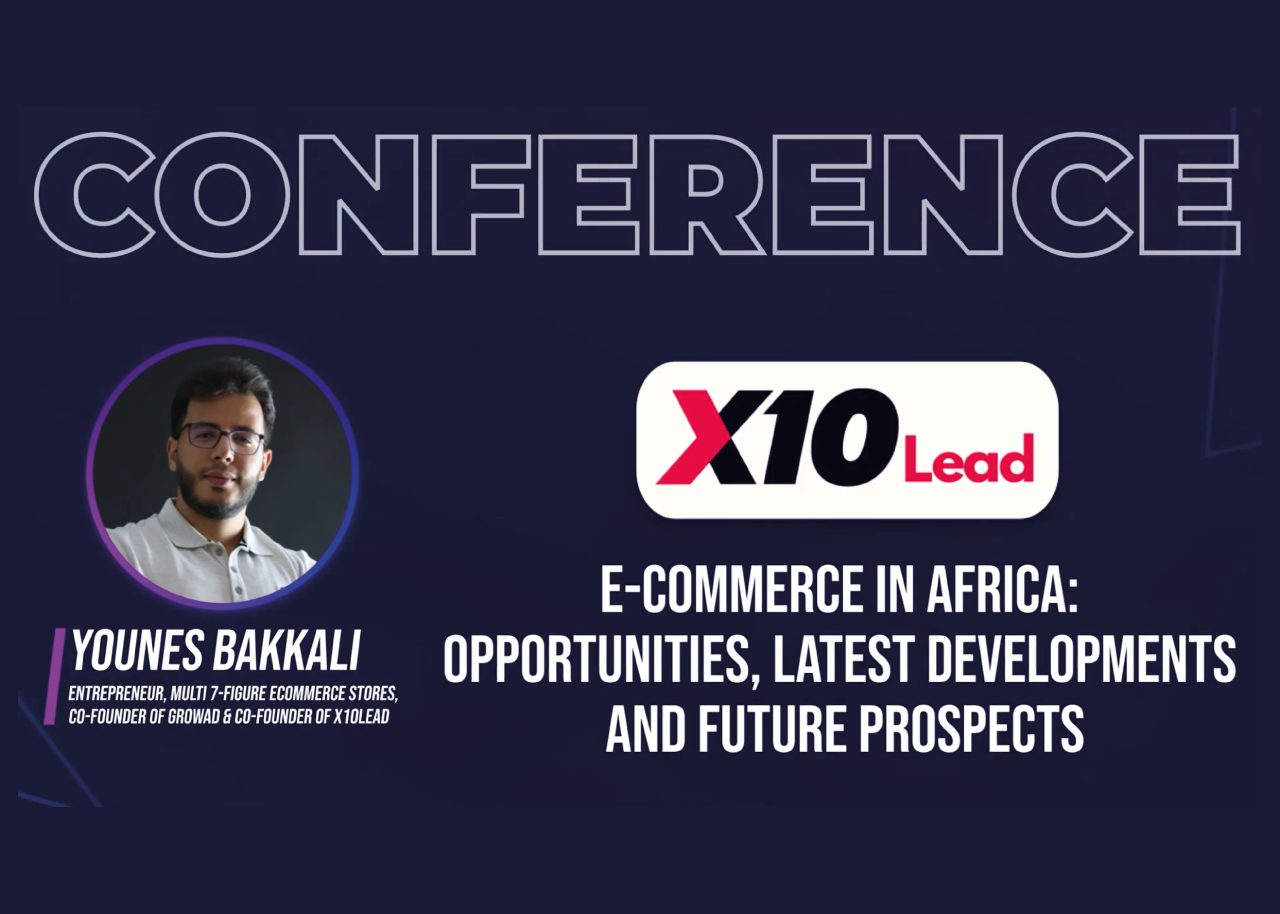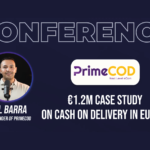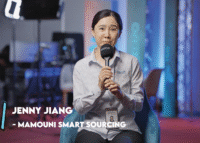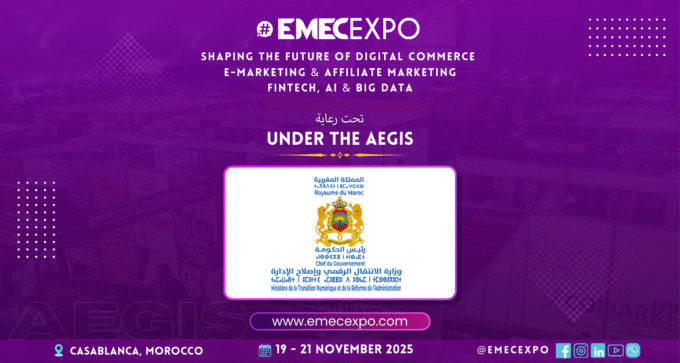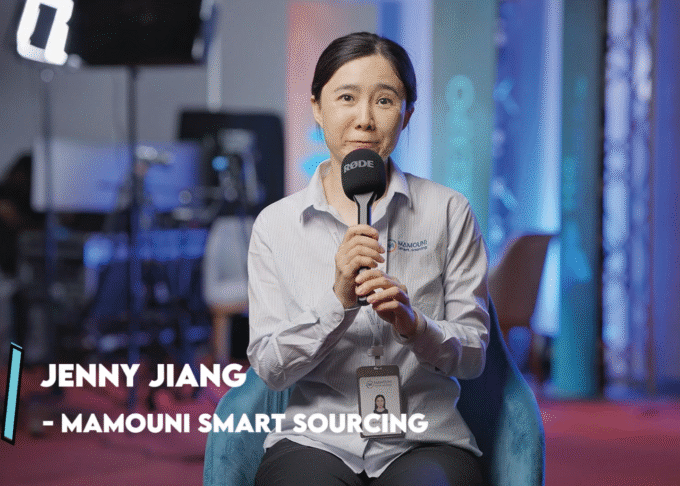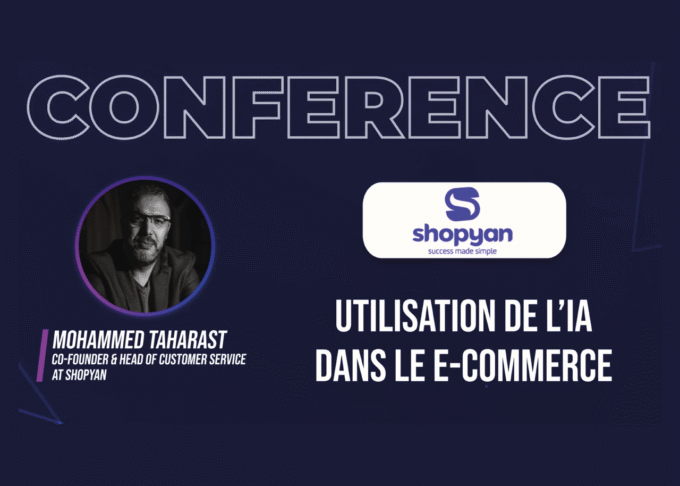Narrative and Informative:
The landscape of global e-commerce continues to evolve, with Africa emerging as a dynamic and largely untapped frontier. At the EMEC EXPO 2024, Younes BAKKALI, a seasoned e-commerce entrepreneur with eight years of experience in the African market, shared his insights on the vast opportunities, latest developments, and crucial strategies for success in this burgeoning digital marketplace. BAKKALI’s narrative, blending personal experience with pragmatic advice, offers a compelling perspective on navigating the unique challenges and capitalizing on the immense potential that Africa presents.
Case Study Focused:
BAKKALI’s own journey serves as a compelling case study. Starting his e-commerce venture in Morocco in 2017, he successfully established a strong presence before expanding into the broader African market around 2020. His company quickly became one of the top sellers in the initial wave of e-commerce adoption across the continent. This early entry and success provide a real-world illustration of the opportunities available for those who understand the nuances of the African consumer and market dynamics. Initially focusing on Senegal, BAKKALI’s experience highlights the importance of understanding individual market characteristics within the diverse African landscape.
Addressing Misconceptions:
A significant portion of BAKKALI’s presentation addressed common misconceptions about Africa. He noted that many perceive the continent as a homogenous entity plagued by poverty and a lack of purchasing power. Contrary to this widespread belief, BAKKALI emphasized that while average incomes might be lower, the cost of many everyday goods, such as a single yogurt cup which can cost the equivalent of 40 Moroccan Dirhams in some African markets, is significantly higher than in other regions. This higher cost of goods, coupled with limited local supply, creates a unique opportunity for e-commerce businesses to offer accessible alternatives. BAKKALI pointed out that the scarcity of readily available goods means that if you can introduce a new product, even with a different price point than local norms, there’s a strong likelihood of sales. He further dispelled the notion of a hesitant consumer base, stating that African consumers are often willing to make immediate purchasing decisions.
The Untapped Potential:
BAKKALI passionately argued why now is the opportune time to invest in African e-commerce. He likened the current state of the African digital market to the early stages of e-commerce in other parts of the world. While established e-commerce giants dominate mature markets, Africa is still in its nascent phase, offering a less crowded playing field. This provides a significant advantage for newcomers who can avoid direct competition with established “big fish”. Moreover, BAKKALI highlighted that Africa is not a singular entity but a continent comprising numerous countries, allowing businesses to expand across multiple markets simultaneously while operating from a central location like Morocco.
Solution-Oriented Strategies:
BAKKALI offered concrete, solution-oriented strategies for those looking to enter the African e-commerce space. He advised a starting budget of around \$1500 to minimize the risk of losing capital. This budget should be strategically divided, focusing initially on testing two to three products in a specific market like Côte d’Ivoire. The key is to identify “medium winning products” – items that aren’t necessarily groundbreaking but consistently generate around 15-17 orders per day. By launching these products and identifying one or two that perform well, businesses can then scale those winning products across multiple African countries.
Addressing the infrastructural challenges, particularly concerning logistics and payments, BAKKALI emphasized the prevalence of Cash on Delivery (COD) as the dominant payment method in the African e-commerce landscape. He also highlighted the importance of managing cash flow effectively, noting that payment cycles often operate on a weekly basis. Therefore, maintaining sufficient working capital to cover daily operational costs, estimated at around \$50 per day, is crucial for sustained growth.
The Power of Facebook Advertising:
In terms of marketing, BAKKALI stated unequivocally that Facebook remains the number one platform for generating sales in Africa. While TikTok has a significant user base, its advertising capabilities are still underdeveloped in most African countries, with the exception of Morocco. Therefore, focusing advertising efforts on Facebook and Instagram is the most effective approach for reaching potential customers. BAKKALI also stressed the importance of “visual saturation” (تشبع البصري) in the initial phase of entering a new African market. This involves actively engaging with the local online content, including watching videos and interacting with ads, to understand the prevailing trends and successful advertising strategies.
Product Discovery and Validation:
BAKKALI shared several practical methods for identifying winning products for the African market. One key strategy is to look at successful products in similar emerging markets like Brazil or Colombia. Given the cultural and economic parallels, a product that resonates in these markets has a higher chance of success in Africa. Another effective approach is to monitor ad libraries in other African countries. If a product is being actively advertised in a neighboring country with similar demographics, there’s a strong possibility it will also perform well in your target market. BAKKALI cautioned against excessive innovation in the initial stages, suggesting a “copy-paste” approach from successful campaigns in similar markets to minimize risk.
Scaling for Success:
BAKKALI outlined a clear path to achieving 100 daily orders, a crucial milestone for any e-commerce business. The recommended strategy involves identifying two medium-winning products, each generating around 15-17 daily orders in the initial market. Once these are established, the same products and ad creatives can be replicated in a second and third market. Given the tendency for products to perform similarly across various African countries, this approach can quickly lead to a combined total of 100 daily orders. This stable volume allows for significant capital growth within a relatively short period.
Addressing the Shift Towards Branding:
Responding to a question about the increasing importance of branding over solely relying on winning products, BAKKALI acknowledged that while brand building is crucial for long-term sustainability, the African market is still at a stage where winning products can thrive. He noted that the maturity of the Moroccan e-commerce market, which started earlier, has led to increased consumer skepticism and a greater need for established brands. However, Africa, with its relatively recent entry into e-commerce, still offers a significant window of opportunity for businesses focusing on effectively marketing and delivering sought-after products. He advised focusing on winning products initially and transitioning towards branding once a strong foothold is established.
Conclusion:
Younes BAKKALI’s insights provide a valuable roadmap for navigating the exciting landscape of e-commerce in Africa. By dispelling common misconceptions, highlighting the immense potential, and offering practical, solution-oriented strategies, he empowers aspiring entrepreneurs to tap into this rapidly growing market. While challenges exist, BAKKALI’s experience demonstrates that with the right approach and a deep understanding of the local context, e-commerce businesses can achieve significant success across the African continent.


